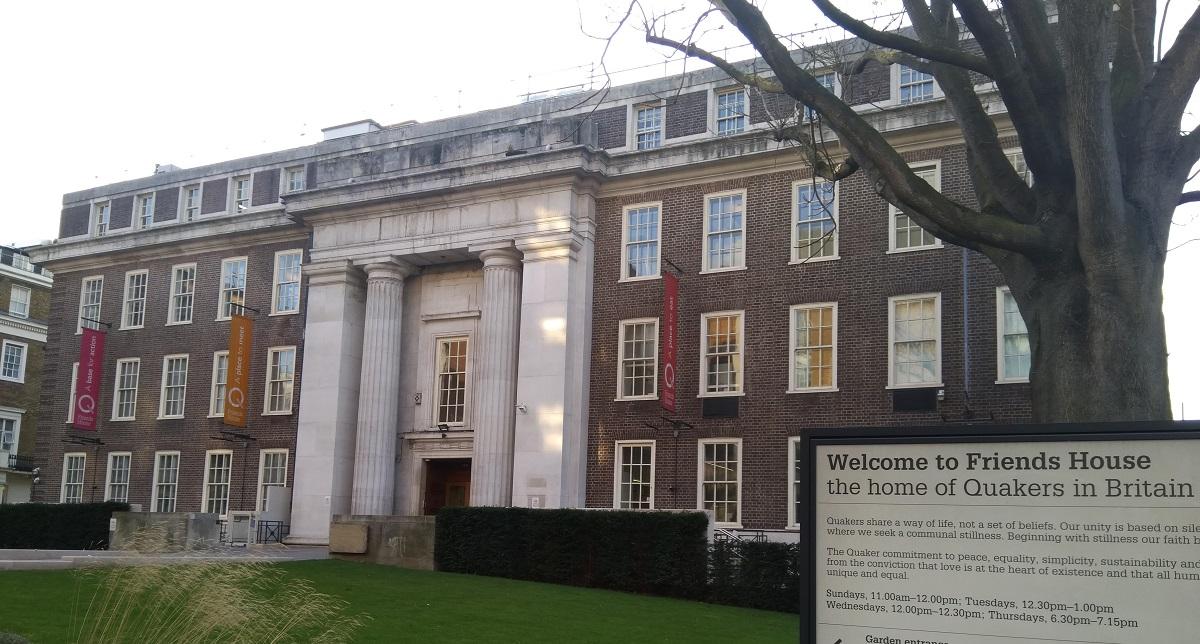The eGRiST team has been invited to attend a workshop at the Office for Students, following the approval of a proposal for a student version of meGRiST, EduGRiST, to be developed and rolled out to schools and universities across the UK.
The Office for Students has launched a competition titled "Achieving a step change in mental health outcomes for all students" with the aim of finding and developing innovative strategies to improve mental health in higher education. meGRiST, an online service to help people assess and manage their mental health and wellbeing, is designed to be adapted for different target groups - and eGRiST intend to build a service dedicated to students and young people.
Our proposal
The goal is to produce the EduGRiST digital platform for connecting students and universities within a collaborative mental-health and wellbeing (MH&WB) decision support system (DSS). EduGRiST will consist of three linked technologies: the GRiST intelligent knowledge based system built on mental health expertise for assessing, monitoring, and advising students and staff; Boost Resilience, which is a sophisticated set of integrated online and mobile interventions to improve mental health and increase resilience; and Connected Wellbeing, a machine learning platform to evaluate, optimise, and track organisational strategies that improve MH&WB at the university level.
The mental health DSS will build on and extend the GRiST risk and safety technology (www.egrist.org) developed at Aston University and used by NHS and third-sector organisations. GRiST helps professionals assess and manage MH&WB for service users along the care pathway, from primary care and community mental health to secondary care and specialist services. Its embedded expertise has been learned from 300,000 assessments that were completed by 3,500 mental-health professionals for over 150,000 patients. These numbers are increasing daily as part of normal clinical practice and the technology is linked to patient-record systems in both secondary and primary care through application program interfaces for easy information sharing.
We propose to create a specialist version of GRiST, EduGRiST, targetted on the specific issues pertaining to higher education students and the organisations in which they are studying. Students will have direct access to a self-assessment version of GRiST, meGRiST, which will work alongside versions for all university members engaged in pastoral care, (academics, support staff, student mentors, counsellors, religious and spiritual ministers, etc) as well as support services outside the university. These interfaces all cover the same information and enable co-production of assessments to encourage joint responsibility for health and wellbeing. The machine learning expertise within EduGRiST will ensure assessments provide advice tailored to the specific problems identified and the available local resources, both within the particular university and its external community. The goal is an intelligent 'canopy of care' connecting people to appropriate support as well as helping them maintain their own wellbeing.
Partners
A number of organisations have joined the proposal as partners, either to contribute resources and expertise or to link their software platforms with EduGRiST. Our partners include health tech company Evolyst, e-learning consultancy Enlighten, Prospects (part of the Shaw Trust), and two NHS trusts.
Priorities
The competition sets out three key priorities for proposals:
Transitions: EduGRiST will support transition from schools to university by extending into general secondary education. It will work with Aston University Engineering Academy for sixth form students and with Aston University’s existing links to schools that have led to its reputation for widening participation. The Connected Wellbeing platform will support transitions from university into employment because it is intended for any workplace and will feed lessons back to EduGRiST that prepare students for work. EduGRiST will also be informed by the dual perspectives of students and staff on the Aston Degree Apprenticeships for people studying while working at Cap Gemini.
Early intervention and analytics for improved support: All students will be given access to EduGRiST when they start university, if not at school, which means problems will be detected and interventions triggered at an early stage. The Connected Wellbeing platform’s analytics will optimise direct support for students as well as higher level strategic initiatives.
A step change in support: GRiST is unique in how it exploits the expertise of mental-health practitioners using sophisticated knowledge engineering and machine learning methods. EduGRiST will make this expertise available to everyone working or studying in higher education. Birmingham City Council will pilot the connection of EduGRiST to community-care resources, along with Birmingham Childrens' Hospital which runs the Forward Thinking service for young people aged 0 to 25 and is already using GRiST. EduGRiST will share information securely with providers wherever they are located, which is vital for transient populations such as students, who oscillate between home and university locations.
Competition progress
eGRiST have been invited to attend a workshop with other candidates at Friends House in London, where proposals will be more thoroughly evaluated and judges will decide which proposals progress to the next stage. In addition, the workshop offers an opportunity to seek other partners or collaborate with similar projects.
If our proposal is selected to progress to the next stage, we will attend another event in February where the successful proposals will be selected. After this, eGRiST and partners will receive funding and support from the Office for Students to implement the proposal and integrate it into university mental health strategies.
